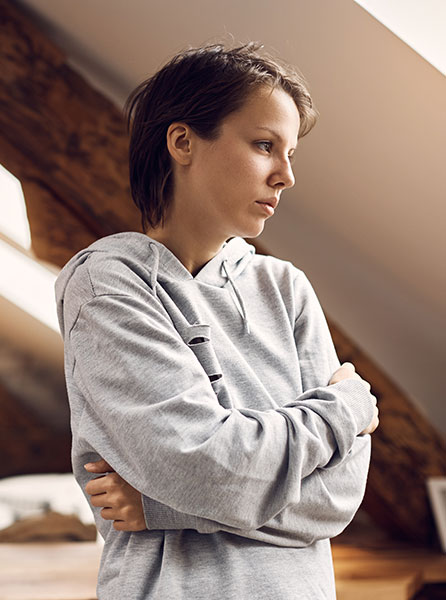What We Treat
Mental Health Disorders
WHAT WE TREAT
The COVID-19 Pandemic, social injustices and economic strain have lead to a substantial increase in mental illness, family discord, substance use and suicide. It is very difficult to get a psychiatric or therapy appointment today.
Maladaptive coping skills can indicate a variety of mental health conditions such as major depression, anxiety disorder or bi-polar illness. At Primary Recovery Services we work with a team of professionals to treat a range of mood disorders as well as thought disorders.
Many of our clients have NO drug or alcohol use. The family needs a group of learned experts to decide what to do, when and how. We utilize many different approaches to change – all styles are presented with love
Some symptoms of mental health disorders may include:
- Profound sadness
- Difficulty with concentration
- Extreme or exaggerated fears or worries
- Mood changes
- Decreased interaction with friends and family
- Interruptions in sleep patterns—either the – inability to sleep or excessive fatigue
- Alcohol or drug use
- Significant changes in appetite
- Decrease in sex drive
- Irritability, excessive anger or moodiness
- Suicidal thoughts

WHAT WE TREAT
Mood Disorders
Mood disorders, also called affective disorders, are a mental health condition involving changes in mood or emotion that are serious enough to interfere with daily life. Unlike normal mood swings that we all experience on occasion, emotional disturbances caused by a mood disorder are vastly different — they’re persistent, disruptive and severe, making it difficult to function normally or perform routine tasks. Mood disorders can affect anyone, including children and teenagers, but symptoms vary from person to person and range from mild to extreme. There are two main groups of mood disorders that are broadly recognized, and the effect a mood disorder has on your life will depend on the kind you are experiencing.The two most common types of mood disorders are depression and bipolar disorder, but related conditions, subtypes and variations are also included in this category.
WHAT WE TREAT
Depression
WHAT WE TREAT
ANXIETY
Anxiety Disorders come in varying designations. A Generalized Anxiety Disorder (GAD) is a chronic disorder characterized by excessive, long-lasting anxiety and worry about nonspecific life events, objects, and situations. People who suffer from a generalized anxiety disorder often experience fear to a petrifying level. They constantly worry about their health, money, family, work, or school, and are incapable of finding healthy coping mechanisms.
WHAT WE TREAT
BIPOLAR
WHAT WE TREAT
CO-OCCURRING
Research shows that co-occurring disorders are extremely common, as it’s estimated that 50% of individuals with severe mental disorders are affected by substance abuse. Previously called dual disorder and dual diagnosis, a co-occuring disorder is when individuals have a co-existing mental illness and substance use disorder. Each disorder can vary in severity and may change over time. Treatment for those with multiple disorders may be more challenging, intense, and take longer. In these situations, both the mental health issue and the substance addiction have their own symptoms, which may interfere with daily life.





